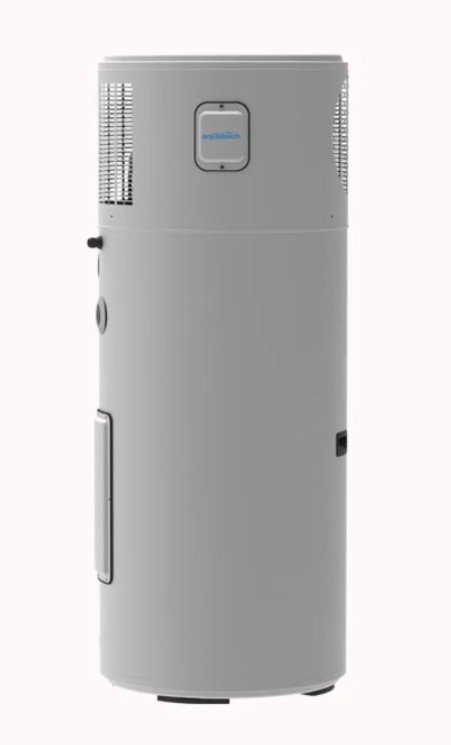Hot Water Pump Tips for Maximum Efficiency
Hot Water Pump Upgrades That Save Energy
Basic Information
A hot water pump is a crucial component in many modern heating systems, ensuring that hot water is circulated efficiently throughout a home or commercial space. Proper management and maintenance of these systems can lead to significant energy savings, longer system lifespan, and improved overall performance. In this article, we will explore practical tips for maximizing the efficiency of your hot water pump and provide insights into selecting the right system for your needs.
Understanding the Role of a Hot Water Pump
The primary function of a hot water pump is to maintain the circulation of heated water between the boiler or water heater and the taps, radiators, or underfloor heating systems. Without a pump, hot water flow may be inconsistent, leading to wasted energy, uneven heating, and discomfort for occupants.
Investing in a hot water pump that is correctly sized and compatible with your system ensures optimal performance. A pump that is too large can consume unnecessary energy, while one that is too small may struggle to maintain adequate flow, leading to system inefficiencies.
Key Tips for Maximizing Efficiency
1. Choose the Right Pump Type
Different types of pumps are designed for different applications. For residential use, circulator pumps are common, while commercial settings may require more robust options. When selecting a pump, consider:
-
Flow rate requirements
-
Head pressure needed for your plumbing layout
-
Energy efficiency ratings
By understanding your system’s needs, you can avoid overworking the pump and reduce energy wastage.
2. Regular Maintenance is Essential
Routine maintenance is critical to ensure a hot water pump operates efficiently. Some essential maintenance tasks include:
-
Checking for leaks or corrosion
-
Cleaning debris from the pump and pipes
-
Inspecting electrical connections
-
Ensuring valves are functioning correctly
A well-maintained pump reduces energy consumption and prevents costly breakdowns over time.
3. Optimize Pump Settings
Many modern pumps come with adjustable speed settings or timers. Using these features strategically can significantly improve efficiency:
-
Lower speeds during off-peak times reduce energy usage
-
Timed operation ensures the pump only runs when needed
-
Smart controls can adapt circulation based on hot water demand
Adjusting the settings according to household or business usage patterns can help you save on energy bills while maintaining comfort.
4. Insulate Pipes and the Hot Water Tank
Heat loss during water circulation is a common cause of inefficiency. Insulating your pipes and the hot water tank minimizes thermal loss, allowing the pump to work less frequently and maintain desired water temperatures. This simple step can also prevent condensation and protect pipes from freezing in colder climates.
5. Monitor Performance Regularly
Keeping track of your system’s performance is an effective way to ensure long-term efficiency. Monitoring flow rates, energy consumption, and water temperatures helps detect issues early. Any irregularities may indicate a malfunctioning pump or a need for system adjustments, allowing timely intervention before problems escalate.
When to Consider Upgrading
Even with proper care, older pumps may not perform as efficiently as newer models. Technological advancements in energy-efficient pumps have introduced options that consume less electricity while maintaining or improving water circulation.
If your current system shows signs of inefficiency—such as inconsistent hot water supply or rising energy bills—it might be time to buy hot water system components designed for modern standards. Upgrading can provide:
-
Reduced operational costs
-
Improved reliability and performance
-
Enhanced compatibility with renewable energy sources
Choosing the Right Hot Water System
Selecting a compatible system is just as important as maintaining the pump itself. When you plan to buy hot water system solutions, consider:
-
System capacity relative to household or business needs
-
Integration with your existing plumbing and heating setup
-
Energy efficiency ratings and certifications
-
Warranty and after-sales support
A carefully chosen system works seamlessly with your pump, ensuring consistent performance and energy savings over time.
Environmental and Economic Benefits
Maximizing the efficiency of a hot water pump has both environmental and financial advantages. Reduced energy consumption lowers carbon emissions and contributes to sustainable living. Economically, a well-maintained system minimizes utility bills and reduces the need for costly repairs or replacements.
Moreover, modern high-efficiency pumps and water systems are eligible for various government rebates and incentives in some regions, offering additional financial benefits to homeowners and businesses.
Conclusion
A hot water pump is an essential element in any hot water circulation system, and its efficiency directly impacts energy use, system longevity, and comfort. By selecting the right pump, performing regular maintenance, optimizing settings, insulating pipes, and monitoring performance, homeowners and businesses can achieve maximum efficiency.
When considering upgrades or replacements, ensuring compatibility when you buy hot water system components is crucial for achieving long-term performance and cost savings. Investing time and attention into your hot water circulation system today can yield significant benefits in comfort, efficiency, and sustainability for years to come.


